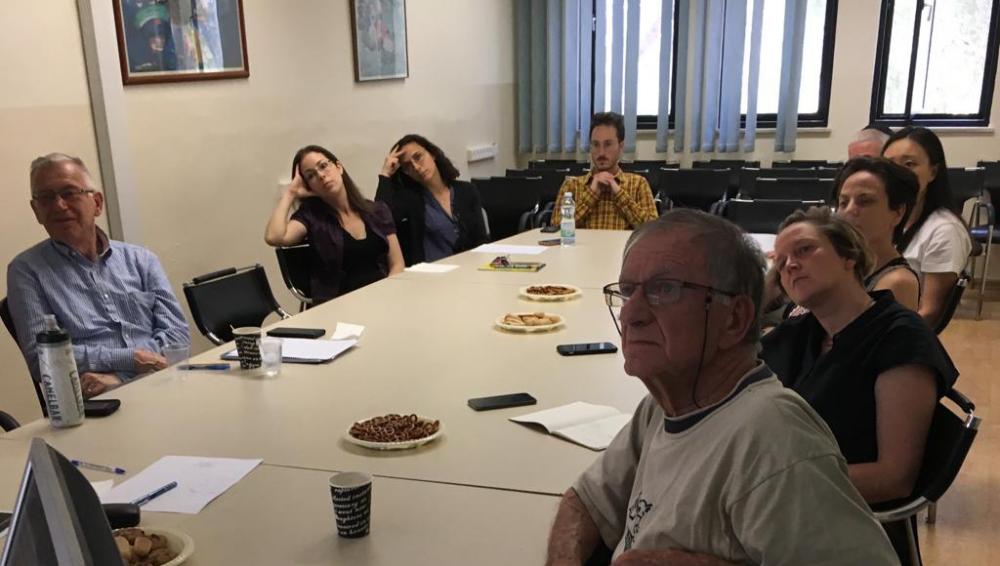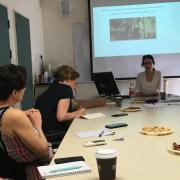
On Monday, 27 May 2019, SICSA held a Research Seminar titled The Renewed Encounter:The Attitudes of Israeli-Jewish-German Diplomats in Cologne Towards West Germany, 1953–1965, featuring a lecture by Ms. Irit Chen.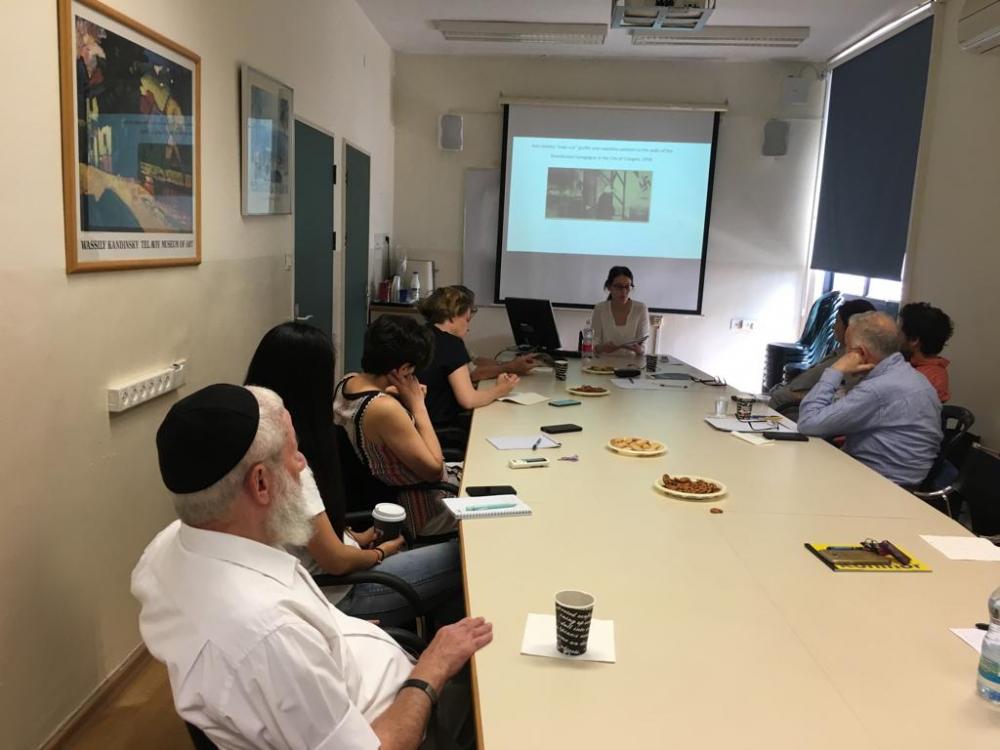
The lecture focused on the attitudes of Israeli-Jewish-German diplomats who served in the Purchasing Mission to Cologne towards the Western German state and society, in view of their own birth to the German-speaking space, and in light of the antisemitism and Nazi past of Germany.
The Purchasing Mission was the official and exclusive representative of the Government of Israel in Germany, before the establishment of diplomatic relations between the two countries. The Mission began operating in Cologne in June 1953 as a commercial body responsible for the implementation of the Reparations Agreement. It shut its doors in August 1965 with the establishment of diplomatic relations and the opening of the Israeli Embassy in Bonn, before the termination of the official date of the Reparations Agreement.
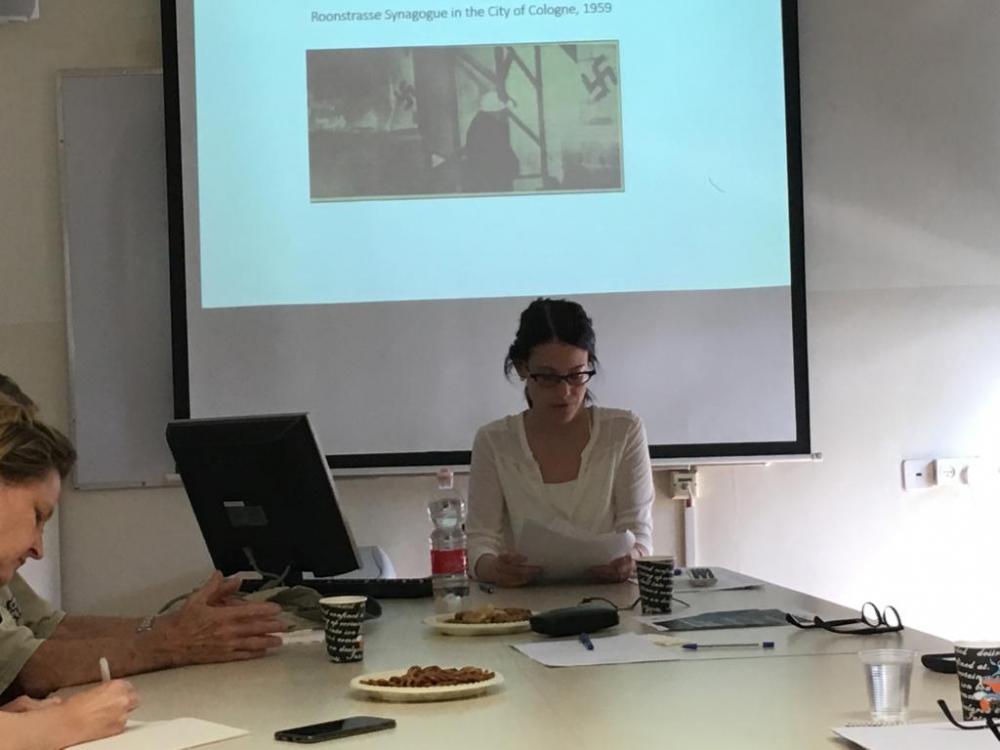
Senior officials in the Purchasing Mission to Cologne (as Felix Eliezer Shinnar, Yohanan Meroz and Leo Savir) emigrated to Mandatory Palestine from the German-speaking space in the first half of the 1930s following the rise of Nazism to power. In the 1950's they return to their geographical and cultural birthplace as Israeli diplomats.
The central question at the heart the lecture is what is the meaning of the Jewish-German identity in the renewed encounter between Israelis and Germans on German soil in light of the expelling power, which is antisemitism and the Nazi past?
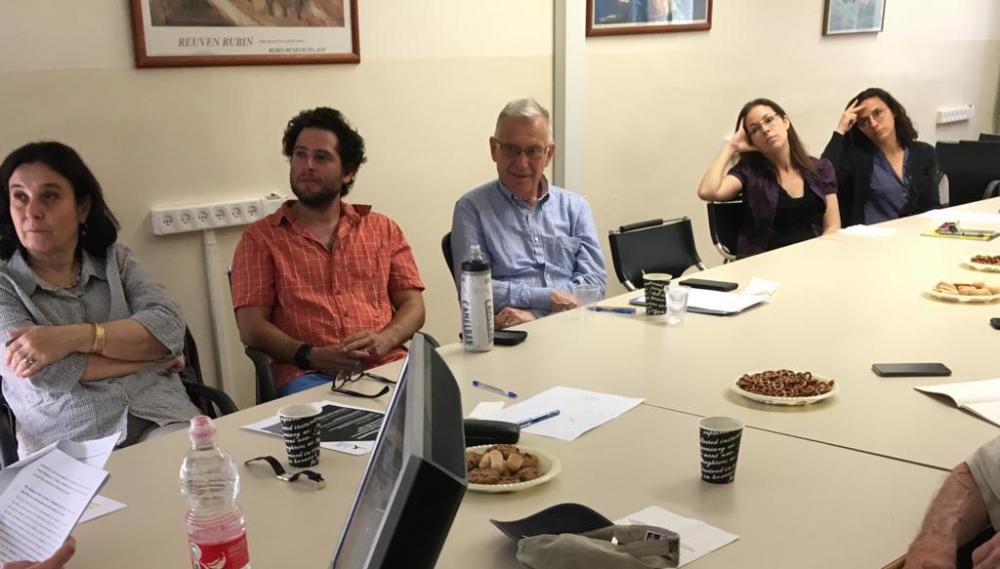
The lecture tried to answer this question by examining the professional-diplomatic dimension of the work of the Purchasing Mission (mediation the ambivalent relations between Israel and Germany – the absence of diplomatic relations alongside the existence of economic, security and scientific ties), and by examining the personal aspect of the return of the Israeli-Jewish-German diplomats to their birthplace, the country that had expelled them.
The main claim is that the dual affiliation in the renewed encounter between German-Jews-Israelis and Germans on German soil in the first decades after the Holocaust had dual dimensions between personal past and professional present, between the memory of the Nazi past and state interests, and between morality and realpolitik.